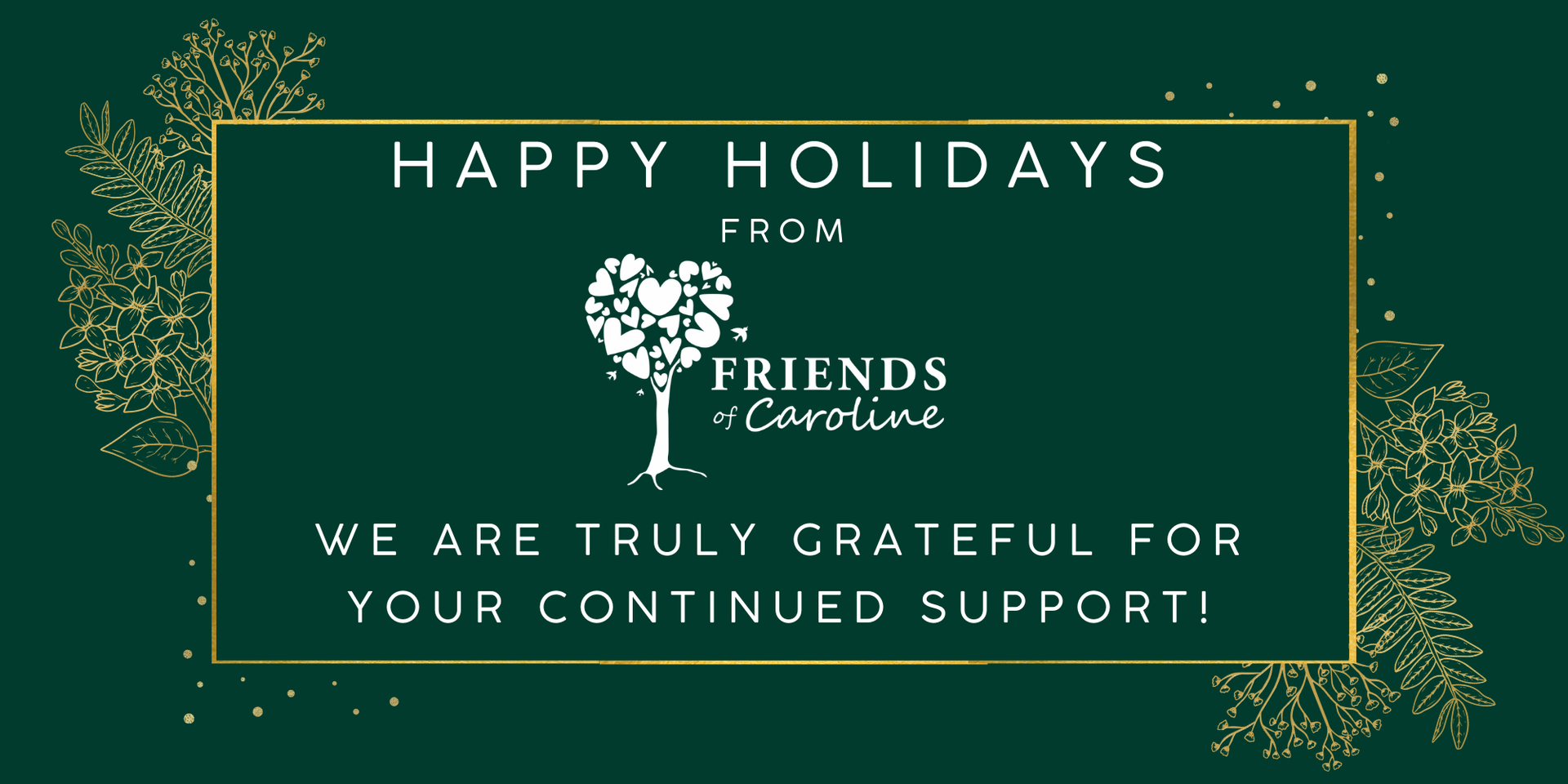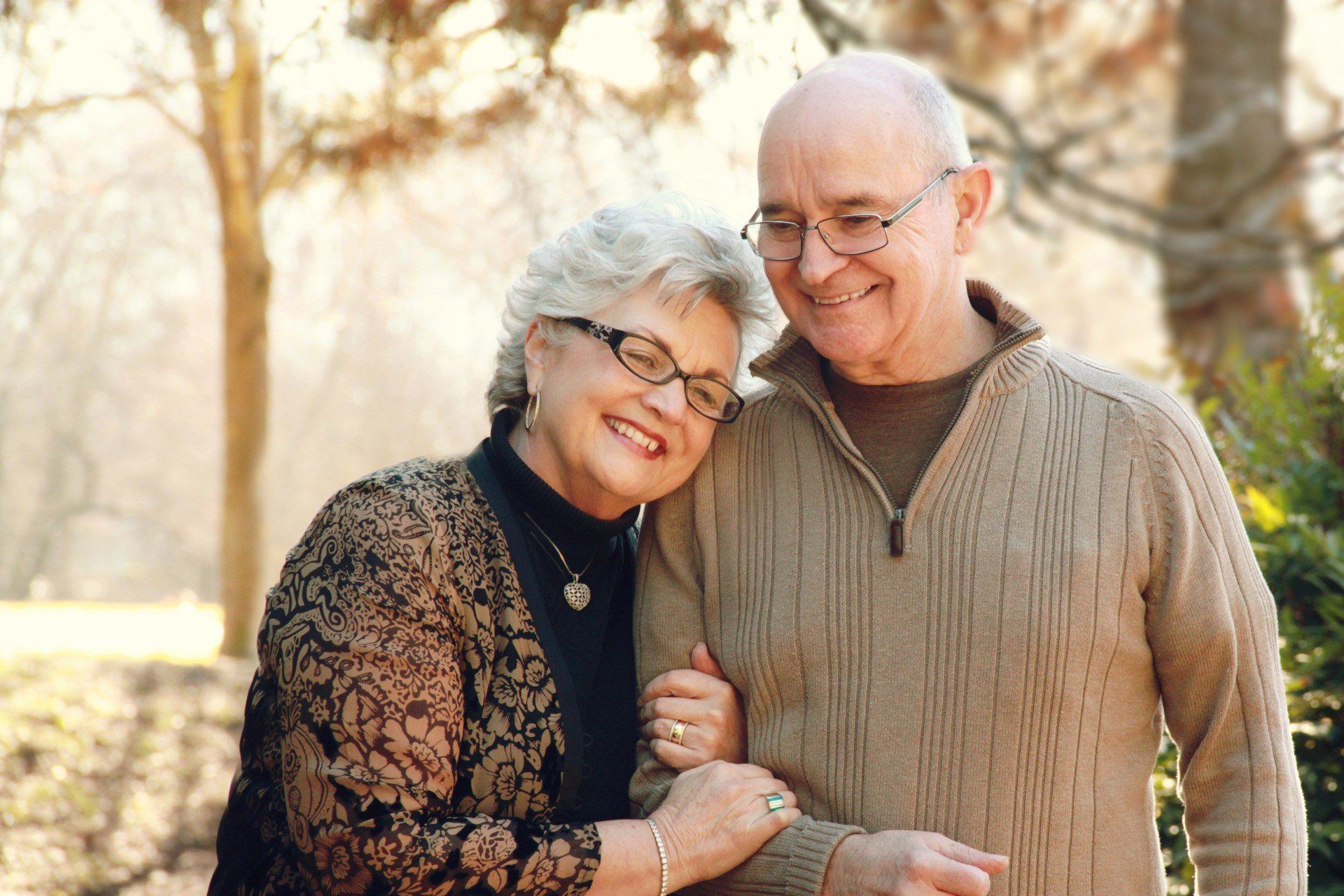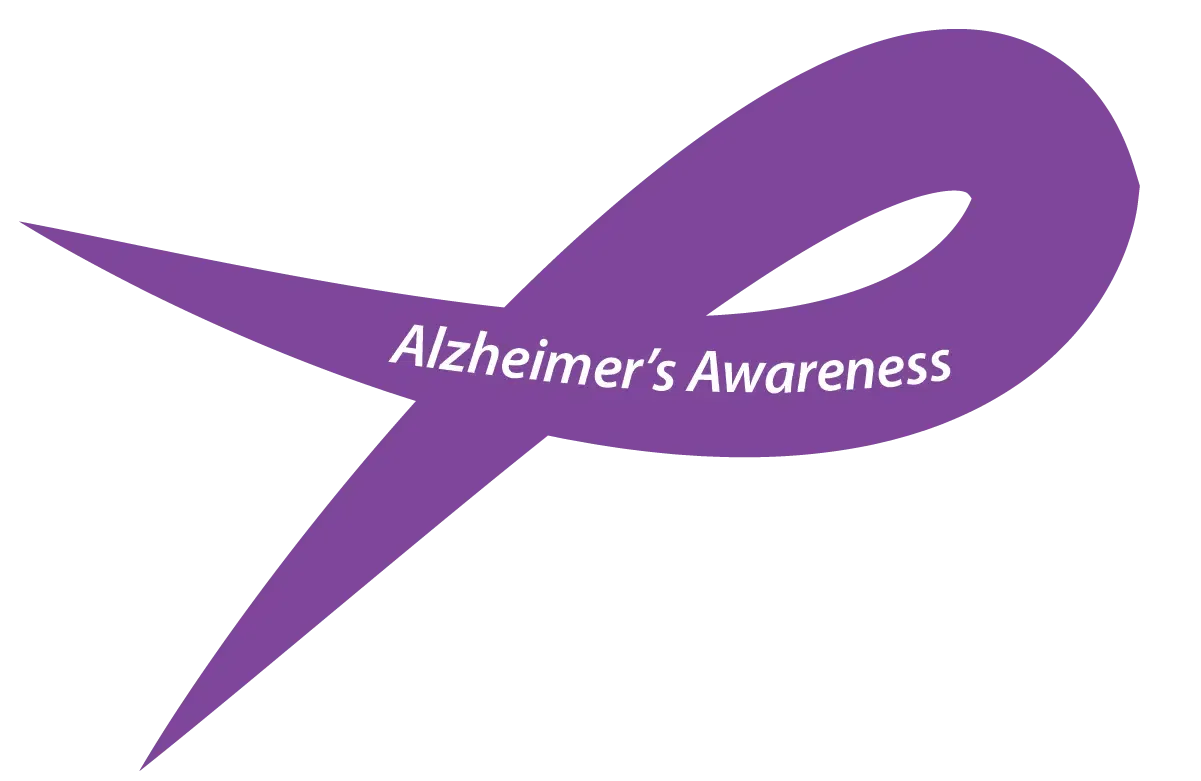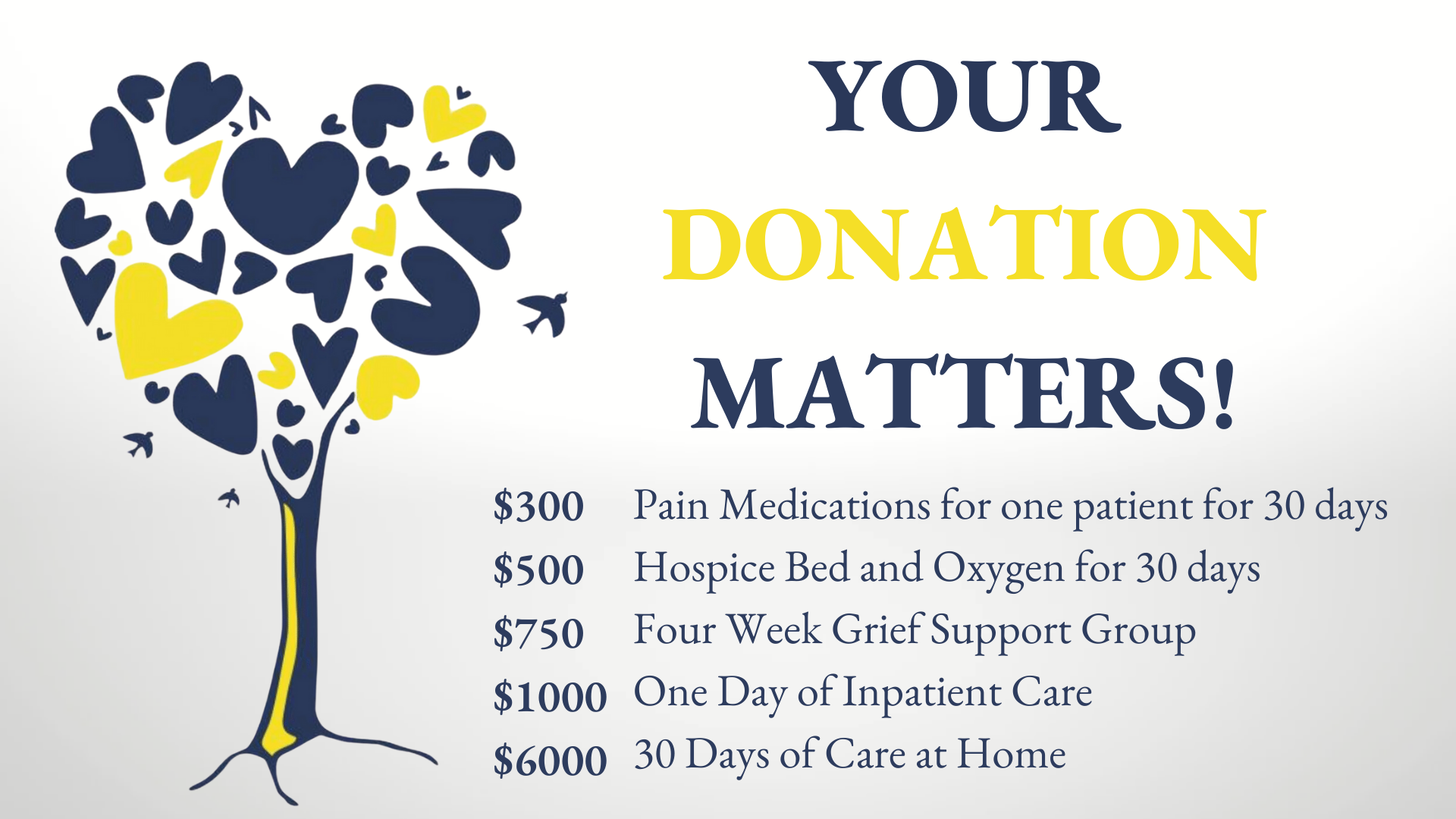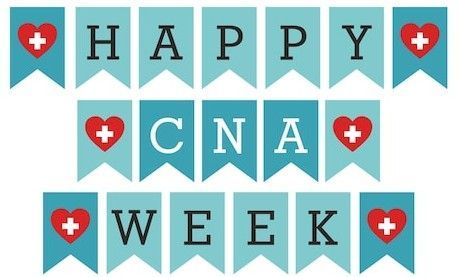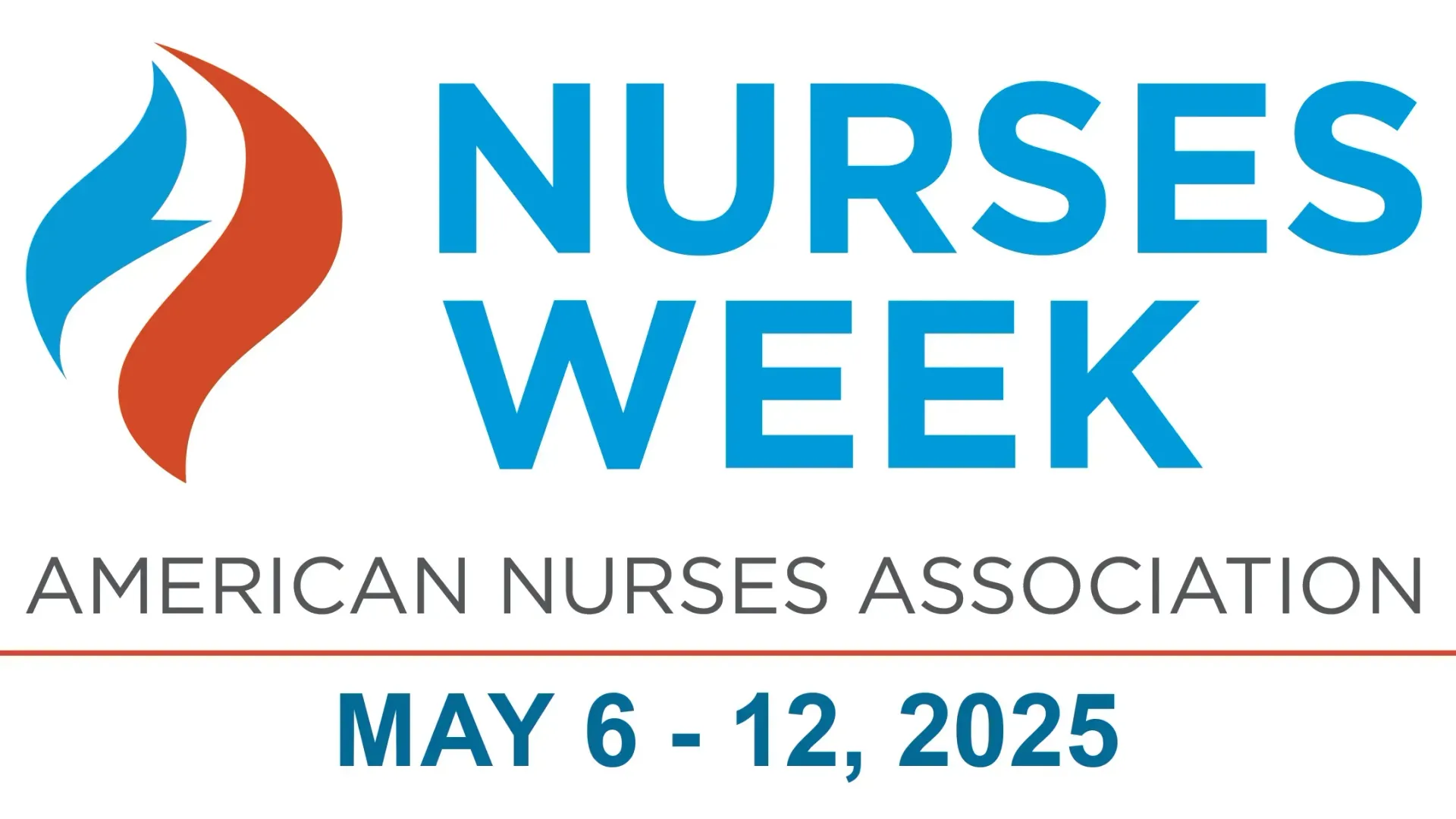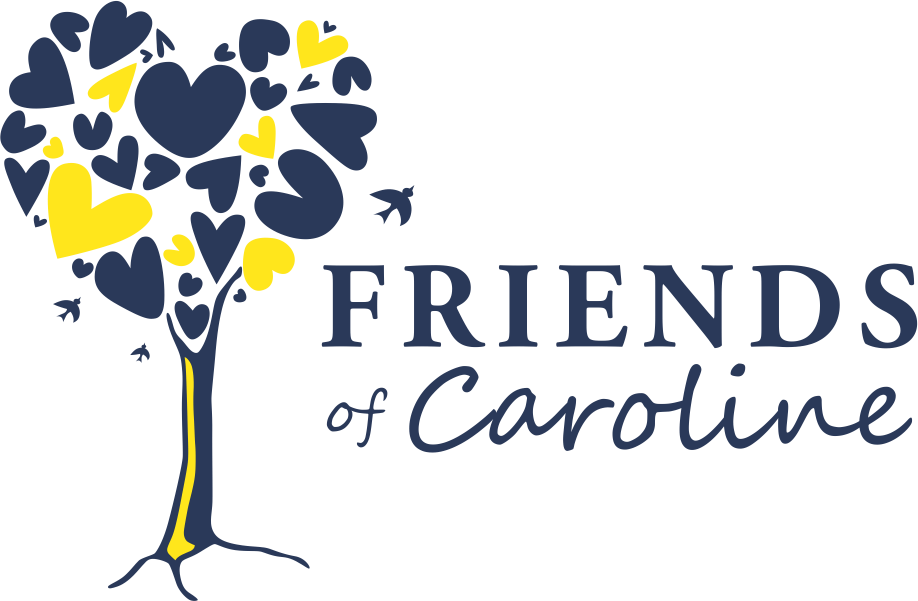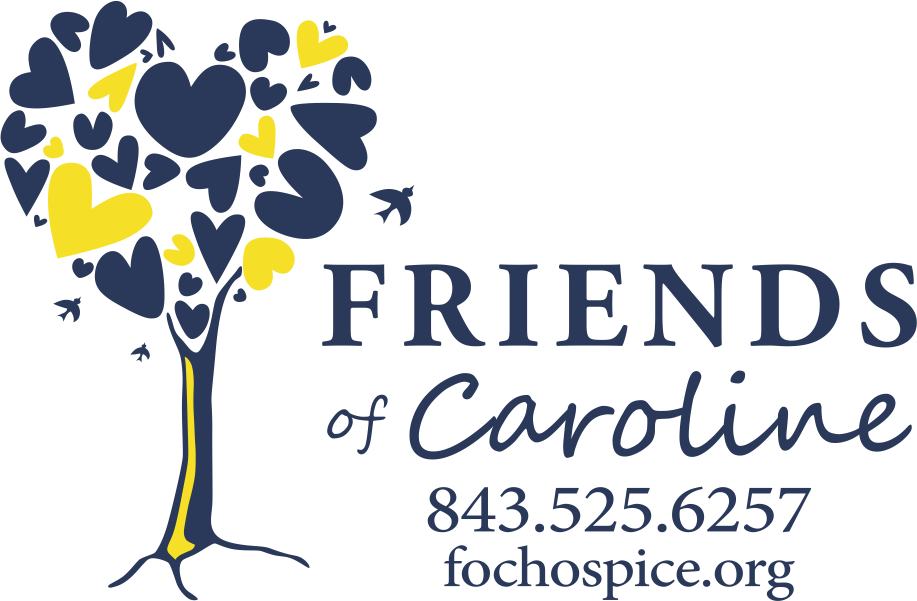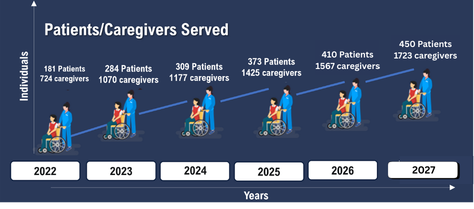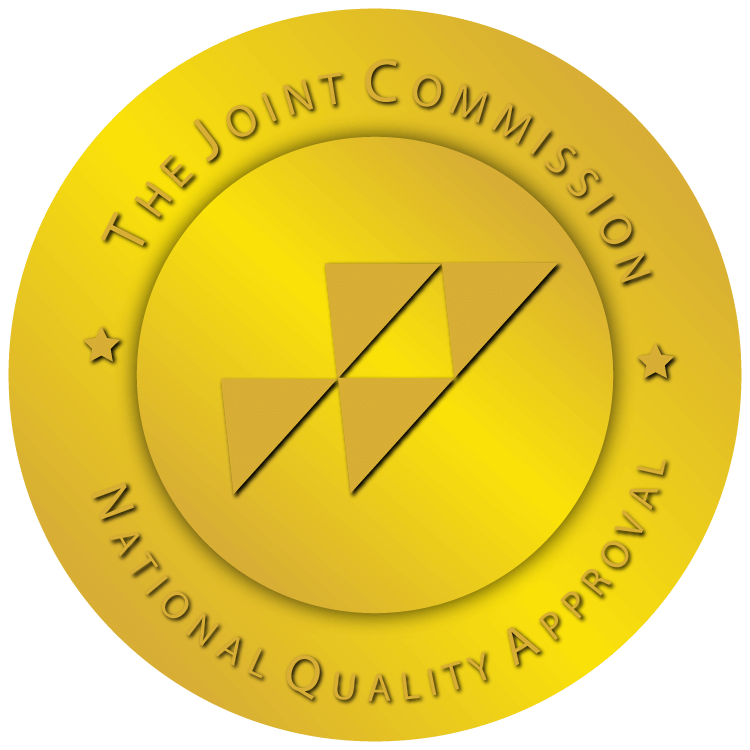The Importance of Advance Care Planning
National Healthcare Decision Day is April 16. We encourage you to take the time to review and update your Advance Directives and if you don’t have any in place we recommend Five Wishes as a tool to aid in the process.
Have you ever had to make care decisions for someone else? It’s a task that can be very difficult, but also rewarding if the decision maker knows they are honoring their loved one’s wishes.
Advance care planning is a process of making and discussing decisions about the medical care and treatments you would want or not want at the end of life and choosing a decision maker who will speak for you if you ever become too sick or hurt to communicate for yourself. It’s an opportunity to allow your voice to be heard even when you can’t express your wishes on your own. This is an ongoing process that should begin at the age of 18 and continually be discussed as you experience changes in your health, closest support people, and as things that are important to you change. Advance care planning is a gift for loved ones and health providers preparing them to make decisions based on your choices and what matters most to you.
According to a landmark report from The Institute of Medicine (2014), 70 percent of older adults who need to make medical treatment decisions are unable to do so for themselves. A comprehensive review of studies on advance care planning (Yadav, et al, 2017) found that only about a third of US adults had documented their end-of-life care preferences to help guide their loved/significant ones and doctors. However, around 80 percent of Americans agree that these conversations are important (Genewick et al, 2018).
Five Wishes is a guide that helps you think about and communicate what matters to you most. Once properly filled out and signed, it becomes a legal document. Inspired by Mother Teresa's work with dying people, it is written with clear, easy-to-follow instructions and thoughtful suggestions. Five Wishes was created by the nonprofit organization Aging With Dignity, with help from the American Bar Association and healthcare experts
Five Wishes addresses:
- Choosing the person you want to make health care decisions for you when you can’t make them for yourself
- The kind of medical treatment you want or don’t want (Living Will)
- How comfortable you want to be
- How you want people to treat you
- What you want your loved ones to know
Unique to Five Wishes are wishes 3, 4, and 5. These wishes are especially meaningful to loved ones, who may not know what to do when someone they care for is very ill and dying. They may not know how to help or provide comfort. These wishes provide insight into what is comforting to this person – and offer simple ideas about things to do to ease the way.
LaNelle Fabian, Director of Community Engagement at FRIENDS of Caroline is a Certified Presenter of Five Wishes and offers presentations free to our entire community. Presentations are available to groups of any size including employees, churches, book clubs/wine & cheese with friends, and community gatherings. If you are interested in learning more and booking a presentation, please contact LaNelle at 843-525-6257 or lanelle@fochospice.org.
